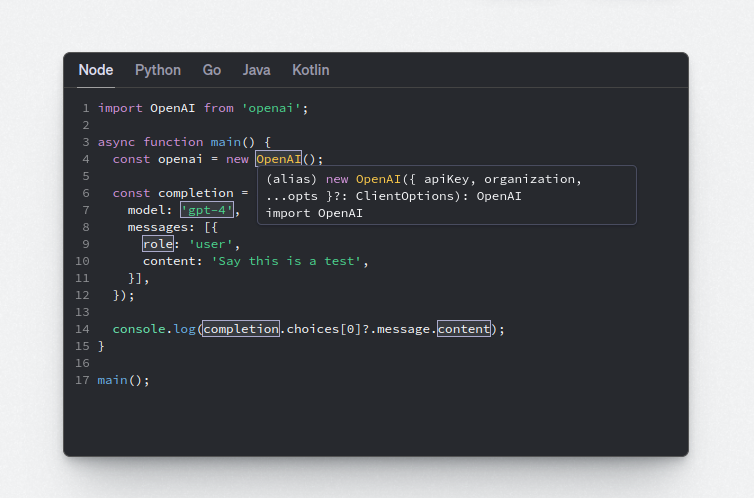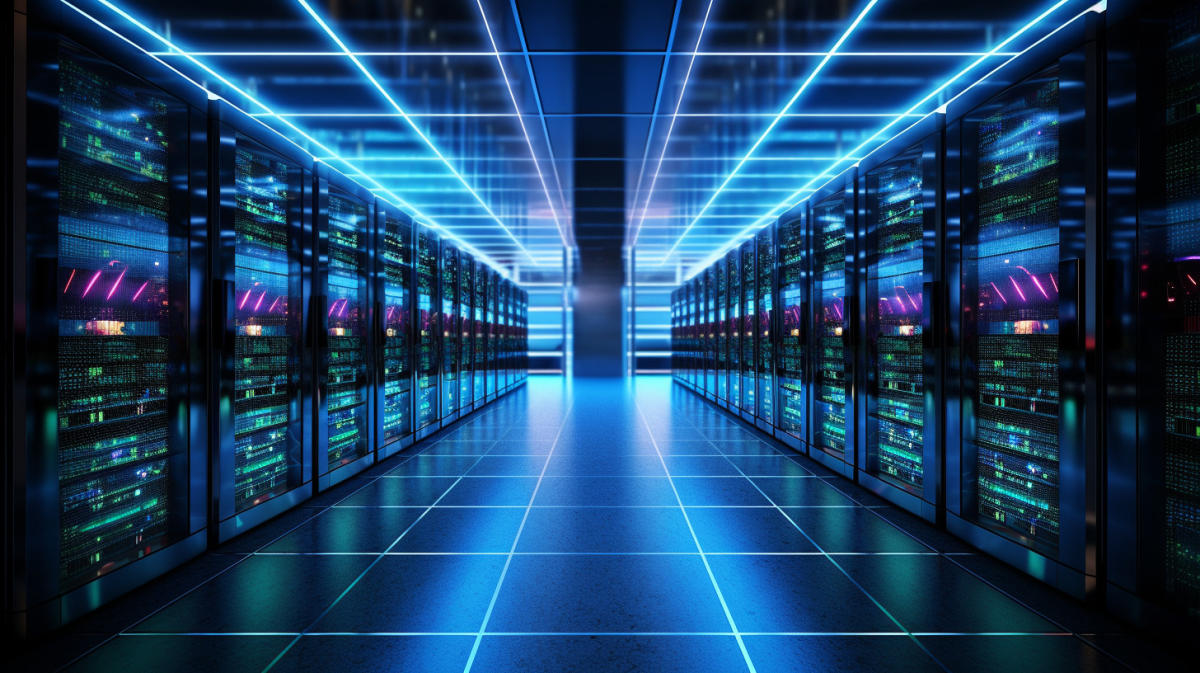Stainless Software Inc., which uses artificial intelligence to help companies quickly create software development kits for their applications and services, said today it has raised $25 million in an early-stage round of funding.
Today’s Series A round was led by Andreessen Horowitz. It included participation from existing investors such as Sequoia and The General Partnership, as well as previous backers including Felicis, Zapier, MongoDB Ventures and angel investors such as the former Stripe Inc. Chief Operating Officer Claire Johnson and Datadog Inc. President Amit Agarwal.
The startup has created a tool that relies on an AI-powered compiler to automatically generate SDKs from application programming interfaces, with minimal input from developers.
The Stainless SDK generator has already proved useful to thousands of developers, who expect technology companies to provide them with SDKs along with their products, so they can create applications that leverage those products more easily. But those developers don’t always get what they want, as many companies provide only an API, which is a protocol that allows software components to interact with each other.
Though APIs have emerged to rule the world as the foundation of almost every kind of modern application, SDKs are not nearly as common. That’s because creating them is a massive challenge, and many companies don’t have the necessary skills and expertise on hand to overcome it.
In a blog post, Stainless founder and Chief Executive Alex Rattray said that, with an SDK, developers are basically getting a blueprint for building an application. But the lack of an SDK forces API users to read through massive volumes of documentation and build everything from scratch. So what’s needed is a way to make it simple for every company to provide an SDK with their APIs.
In an age where AI is already able to automate the creation of entire applications and codebases, it makes sense that AI should also be able to slap together a usable SDK, and that’s what Stainless is all about. Its Stainless SDK generator works by digesting an API’s specifications and churning out an SDK that can support various programming languages, including Python, Kotlin, TypeScript and Go. And as the API evolves over time, Stainless can push those updates into its SDKs, adapting them to fit.
Stainless’ AI algorithms get started by generating an initial configuration for the SDK, and developers can then fine-tune it as needed. In doing this, Stainless avoids problems with inconsistent or outdated libraries.
“Using Stainless, companies can build a world-class API DX without dedicating full-time engineers to SDK maintenance,” Rattray said. “Their SDKs are consistent across languages, up-to-date and easy for developers to use, even with rapidly changing APIs.”
Stainless isn’t an entirely original idea, as startups such as LibLab Inc. and Speakeasy Inc. also offer SDK generators for APIs, and there are open-source variants too, such as the OpenAPI Generator project. However, Rattray believes that Stainless sets itself apart from those rivals with its compiler, which he said creates much more “polished” code.
The proof is in the pudding, and a lot of leading AI companies have opted to use Stainless instead of those alternatives. The startup says its customers include the likes of OpenAI, Anthropic PBC, Meta Platforms Inc., Runway AI Inc., Cerebras Systems Inc. and Cloudflare Inc.
Rattray claims to have hundreds of paying customers and says that “millions of AI developers” download its SDKs every single week.
The company provides access to its SDK generator in several tiers, including a free version that allows users to publish a single SDK. But to generate and publish multiple SDKs in several different programming languages, companies are required to pay anything from $250 per month to $30,000 a year.
Stainless’ business model appears to be working, for Rattrat told TechCrunch that the company has amassed around $1 million in annual recurring revenue, making it almost profitable.
Rattray believes his company has a bright future, as he expects the role of APIs to become even more important with the rising adoption of AI. After all, APIs are essential components of the data pipelines that feed every AI application.
“AI agents will rely on (and will favor) robust, well-designed APIs to interact with various services and data sources, enabling them to execute complex workflows,” he said.
Images: Stainless Software
Your vote of support is important to us and it helps us keep the content FREE.
One click below supports our mission to provide free, deep, and relevant content.
Join our community on YouTube
Join the community that includes more than 15,000 #CubeAlumni experts, including Amazon.com CEO Andy Jassy, Dell Technologies founder and CEO Michael Dell, Intel CEO Pat Gelsinger, and many more luminaries and experts.
THANK YOU











